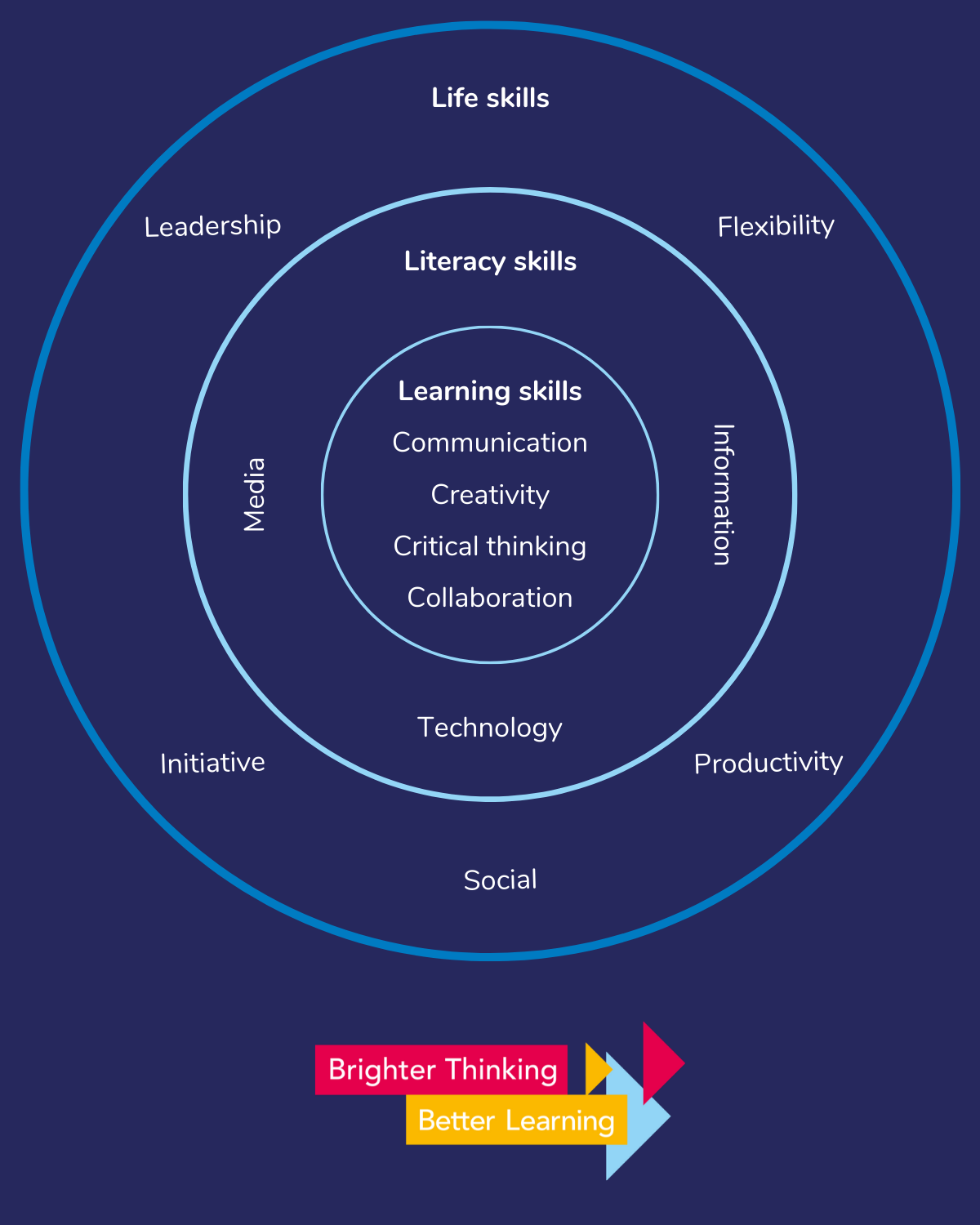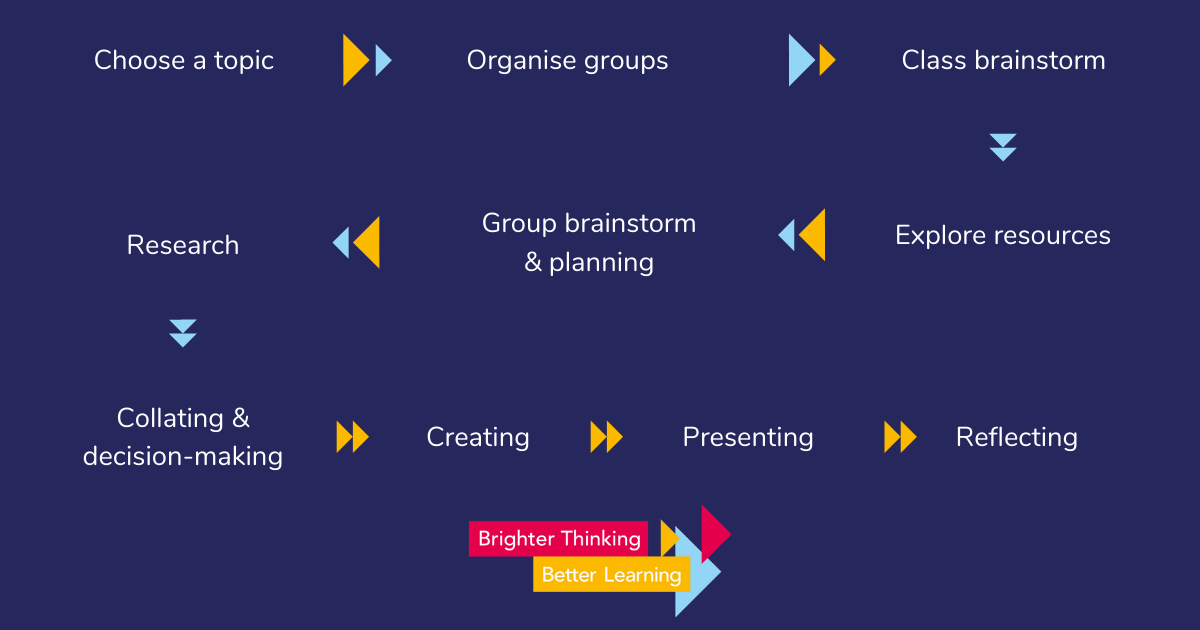19 MARCH 2020
Activities to develop your learners’ 21st century skills

‘21st century skills’ has become a buzz term in education over the last few years. While there is flexibility in how the skills are interpreted, there are four main skills – the 4Cs – that are regarded as the core skills. And there is little to argue with.
> Communication
> Creativity
> Critical thinking
> Collaboration
Learners are swamped from an early age by content from a variety of media accessed in diverse ways. This makes it critical for them to be able to negotiate a multimedia world of rapid change, global issues and a complex array of information sources (which can be compromised by fake news).
The traditional 3Rs (reading, wrtiting and arithmatic) curriculum content, while providing essential building block skills, is insufficient to foster the additional skills learners need to participate actively as responsible, respectful and global citizens of today’s world.
A broader look at what we understand to be ‘21st century skills’ however, bolsters the core learning skills with critical literacy and life skills.
How can we help learners?
One useful approach is to have a presentation project running in the background with your class. This project draws on the entire primary English curriculum with cross-curricular potential. It provides learners with the opportunity to try out new skills and to independently extend their knowledge and understanding.
This 10-step process works on projects of all sizes. Different steps can be weighted and differentiated according to your unique context and curriculum.

Start by explaining to learners that they will be working on a project that will result in a presentation to an audience – another class or age group. Take a look at how to develop this project with your class in a step-by-step process and explore the various 21st century skills your learners will pick up along the way.
Download our accompanying worksheets for different stages of the project:
Step 3 – Class brainstorm
Step 4 – Exploring resources
Step 5 – Our brainstorm and planning
Step 6 – Our project research
Step 7 – Our project plan
Step 10 – How did we do?
 |
Sally Burt has been involved in child and adult education for almost 30 years. She was the deputy head of a state primary school in London when she moved to South Africa in 1995 where she taught in a junior school for several years. She enjoys providing opportunities for learners to understand not just how language works in terms of grammar, spelling and punctuation but also how to create and elicit meaning in a broad range of contexts. She has worked for almost 20 years on various educational writing projects including study guides and text books for both local and international curricula. Sally is a co-author of Cambridge Primary English. |
Thank you for your feedback which will help us improve our service.
If you requested a response, we will make sure to get back to you shortly.
×